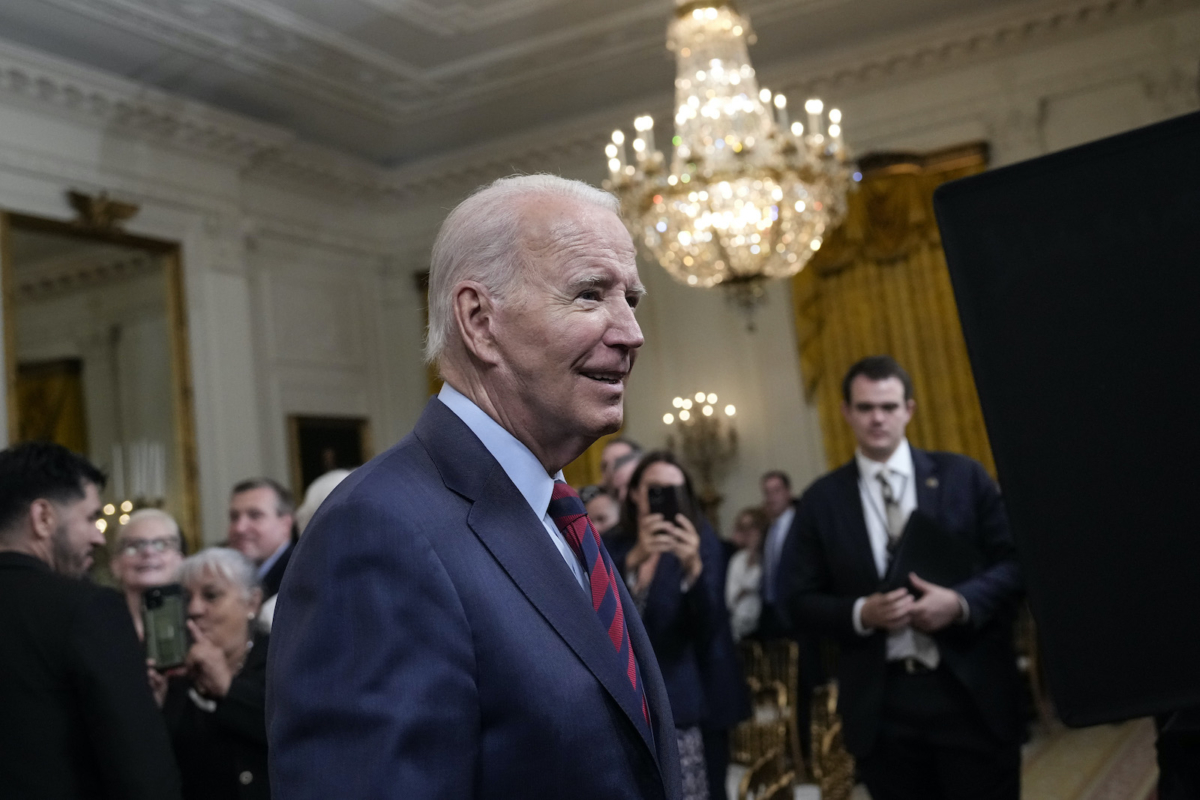Biden addresses crackdown on ‘junk’ insurance plans.
President Biden Takes Action to Reduce Health Care Costs
During his second “Investing in America” tour, President Joe Biden unveiled a series of measures on July 7 aimed at lowering health care costs. These actions include cracking down on “junk” insurance plans, preventing surprise medical bills, and reducing medical debt related to credit cards.
The proposed rule by the Biden administration regarding “junk” insurance plans seeks to close loopholes that allowed companies to offer misleading products that discriminate against individuals with pre-existing conditions. The goal is to protect consumers from purchasing plans that provide little or no coverage when they need it most.
Under the new rule, short-term plans would be limited to four months or less, instead of three years. Insurance companies would also be required to provide clear upfront Disclaimers about what is covered and what is not, eliminating confusing fine print.
In a powerful moment, Mr. Biden was introduced by Cory Dowd, a former Peace Corps member who shared his personal experience of being left with a $37,000 medical bill after his insurance company only covered a fraction of the cost. Mr. Biden acknowledged that stories like Mr. Dowd’s are all too common and emphasized the need for fairness in the American health care system.
Additionally, President Biden announced new guidance stemming from the No Surprises Act, a federal law passed in 2020. This guidance aims to prevent doctors or hospitals from billing insured patients higher rates when they are not part of the patient’s insurer’s coverage network. The initiative also requires health plans to disclose facility fees charged to patients, eliminating unexpected medical bill expenses.
President Biden strongly condemned these practices, stating, “Folks, that’s not health insurance. That’s a scam. It has to end.”

President Biden also highlighted the collaboration between the Consumer Financial Protection Bureau (CFPB), Health and Human Services Department (HHS), and Treasury Department in gathering information on third-party credit cards and loans used to pay for health care costs. These credit cards often come with teaser rates and deferred interest features that lead to high financial burdens for individuals.
" Conservative News Daily does not always share or support the views and opinions expressed here; they are just those of the writer."

Now loading...